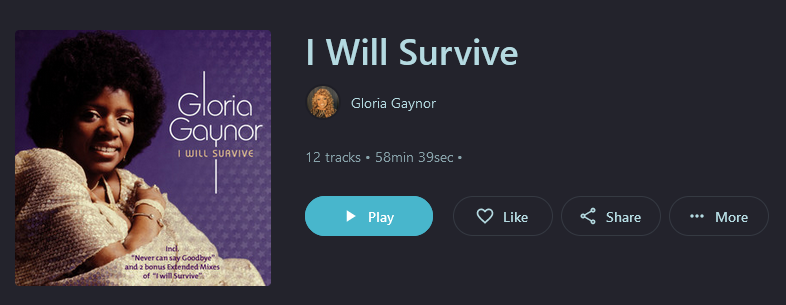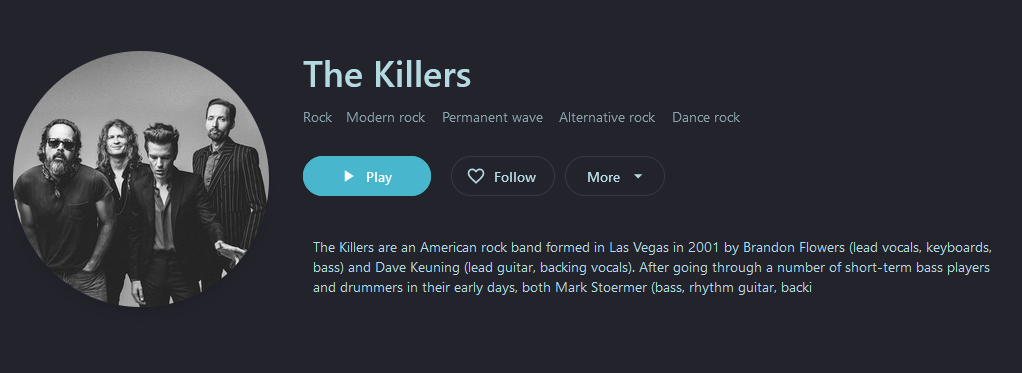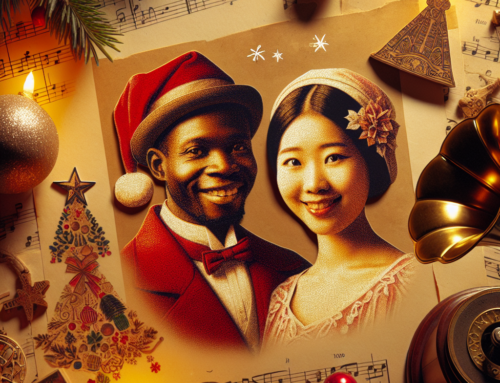How to write a catchy song title
A catchy song title is one of the most important things to consider when releasing a new song. It’s the first thing people see, and it can make or break their decision to listen to your song. A good song title will be memorable, unique, and relevant to the song’s content.
In this post, we’ll share some tips on how to write a catchy song title. We’ll also provide some examples and inspiration to help you get started.
Whether you’re a seasoned songwriter or a beginner, we hope this blog post will help you to write catchy song titles that will grab people’s attention and make them want to listen to your music.
Here are some tips on how to write a catchy song title:
- Use keywords. When you’re choosing a song title, it’s important to think about what keywords people are likely to search for when looking for music. For example, if your song is about love, you might want to include keywords like “love,” “heart,” or “soul.” You can use keyword research tools to help you identify the most popular keywords in your genre.
- Be creative. Don’t be afraid to get creative with your song title. You want to come up with something that will stand out and grab people’s attention. Try using metaphors, similes, and other literary devices to make your title more interesting.
- Keep it short and sweet. A good song title is usually short and easy to remember. Aim for a title that’s no more than 10 words long.
- Make it relevant to the song. Your song title should be relevant to the song’s content. People should be able to get a general idea of what the song is about based on the title.

Here are some examples of catchy song titles:
- “I Will Survive” by Gloria Gaynor
- “Bohemian Rhapsody” by Queen
- “Imagine” by John Lennon
- “Hey Jude” by The Beatles
- “I Want to Dance with Somebody (Who Loves Me)” by Whitney Houston
- “Billie Jean” by Michael Jackson
- “Sweet Caroline” by Neil Diamond
- “Dancing Queen” by ABBA
- “Don’t Stop Believin'” by Journey
- “Livin’ on a Prayer” by Bon Jovi
- “Mr. Brightside” by The Killers
- “Happy” by Pharrell Williams
These titles are all catchy for different reasons. Some are short and sweet, while others are more creative. But they all have one thing in common: they’re all relevant to the song’s content and they make people want to listen to the song.
Here are some more ideas for catchy song titles:
- Use a play on words. For example, the song title “I’m a Believer” by The Monkees is a play on words because it can be interpreted in two ways: literally, as a statement of faith, or figuratively, as a statement of belief in something or someone.
- Ask a question. For example, the song title “What’s Going On?” by Marvin Gaye is a question that is both relevant to the song’s content and thought-provoking.
- Use a metaphor or simile. For example, the song title “I Will Always Love You” by Dolly Parton uses the metaphor of a river to describe the singer’s undying love for someone.
- Use a color. For example, the song title “Purple Rain” by Prince is a color that is both associated with royalty and with mystery.
- Use a number. For example, the song title “21 Guns” by Green Day is a number that is associated with violence and rebellion.
No matter what approach you choose, make sure that your song title is something that you’re proud of and that you think will resonate with your audience.
Here are some additional tips for writing catchy song titles:
- Avoid using clichés. Overused phrases and clichés are less likely to stand out and grab people’s attention.
- Be specific. The more specific your song title is, the more likely it is to appeal to people who are interested in that particular topic.
- Use alliteration. Alliteration is the repetition of consonant sounds at the beginning of words. For example, the song title “Shake It Off” by Taylor Swift uses alliteration to create a catchy and memorable title.
- Use rhythm. The rhythm of your song title can also make it more catchy. For example, the song title “We Will Rock You” by Queen uses a simple but effective rhythm to create a title that is impossible to forget.




